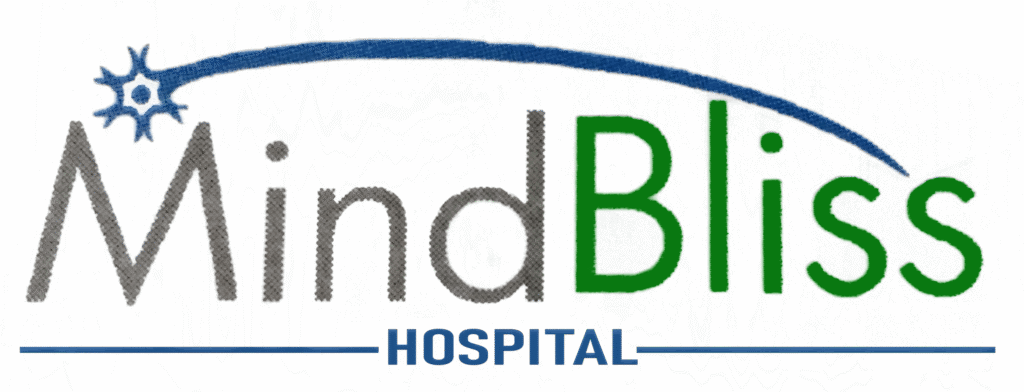Anxiety
What Are Anxiety Disorders?
It is a normal reaction to stress and, in some situations, can be beneficial. It heightens our awareness, sharpens focus, and prepares us to respond effectively to potential challenges. This disorder is different from regular nervousness or worry, as they involve excessive and persistent fear. They are among the most common mental health conditions, affecting nearly 30 percent of adults at some point in life However, it is treatable, and several effective treatment options are available. Treatment helps most people lead normal productive lives.
This disorder involves the anticipation of a future concern and is often linked to muscle tension and avoidance behavior.


Fear is a natural response to a nearby threat and is often linked to a fight or flight reaction—either staying to face it or leaving to avoid danger.
The disorders may lead individuals to avoid situations that trigger or increase their symptoms. This can impact job performance, school work, and personal relationships.
In general, for someone to be diagnosed with such disorder, the fear should:
Be out of proportion to the situation or inappropriate for the person’s age
Hinder your ability to function normally
There are different types of the disorders, such as generalized anxiety disorder, panic disorder, specific phobias, agoraphobia, social anxiety disorder, and separation anxiety disorder.
Risk Factors
The causes of the disorders are not yet fully understood but likely involve a combination of genetic, environmental, psychological, and developmental factors. Anxiety disorders often run in families, indicating that both genetic traits and environmental stress may contribute to their development.
Diagnosis and Treatment
The first step is to consult your doctor to rule out any physical condition causing the symptoms. If it is diagnosed, a mental health expert can guide you toward the most suitable treatment. Sadly, many people with such disorder do not seek help. They don’t realize that they have an illness that has effective treatments.
While each anxiety disorder has its own features, most respond well to two main treatments: psychotherapy, or ‘talk therapy,’ and medications. These can be used separately or together. Cognitive Behavioral Therapy (CBT), a form of talk therapy, helps individuals change the way they think, react, and behave to reduce such a disorder. Medications don’t cure such disorders but can provide significant symptom relief. Common medications include anti-anxiety drugs (usually for short-term use) and antidepressants. Beta-blockers, typically used for heart conditions, may also help manage physical symptoms of the disoder.
Self-Help, Coping, and Managing
There are several ways individuals can manage anxiety symptoms and support the effectiveness of treatment. Stress management techniques and meditation can be helpful. Support groups, whether in-person or online, offer a space to share experiences and coping methods. Developing a clear understanding of the condition—and helping those around us do the same—can foster empathy, strengthen support systems, and promote better coping strategies. Avoid caffeine, which can worsen symptoms, and check with your doctor about any medications.
Related Conditions
Posttraumatic stress disorder (PTSD)
Acute stress disorder
Obsessive-compulsive disorder
Adjustment disorder
